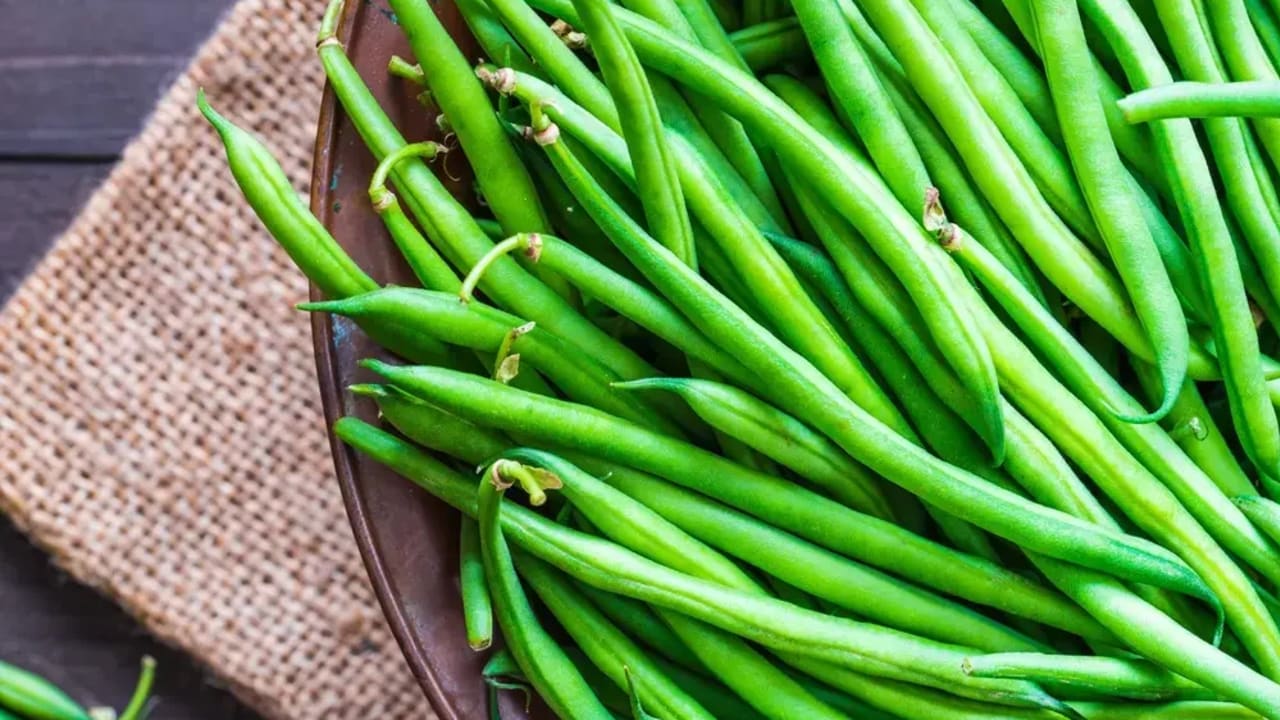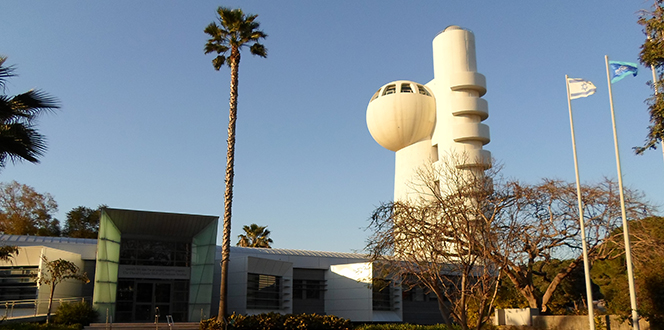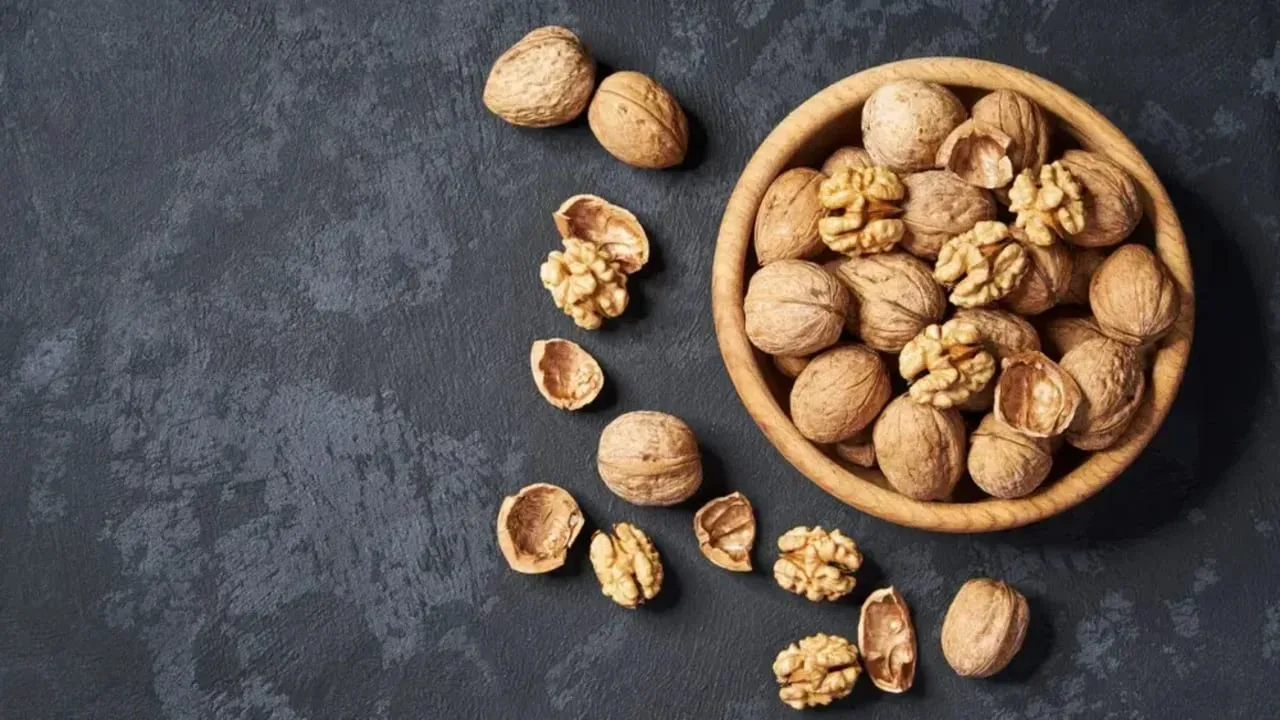ByWALLA! HEALTH
It’s packed with dietary fiber, minerals, and vitamins, and it’s good for the heart, weight, and even the bones. Here are all the reasons to eat green beans.
It may look like a modest side next to the main course, but green beans are one of the healthiest and richest vegetables you can add to your diet. Nutritional studies show that they contribute to the health of the heart, digestive system, bones, and immune system – all at a very low caloric cost.
The nutritional value of green beans
Green beans are picked before they are fully ripe – and that’s exactly what keeps them rich in vitamins, minerals, and antioxidants. In one cup of green beans, you will find:
It may look like a modest side next to the main course, but green beans are one of the healthiest and richest vegetables you can add to your diet. Nutritional studies show that they contribute to the health of the heart, digestive system, bones, and immune system – all at a very low caloric cost.
The nutritional value of green beans
Green beans are picked before they are fully ripe – and that’s exactly what keeps them rich in vitamins, minerals, and antioxidants. In one cup of green beans, you will find:
Water – almost 90 grams
Protein – 2 grams
Dietary fiber – 3 grams
Vitamins B6, K, thiamine, and niacin
Important minerals such as calcium, iron, magnesium, and potassium
They are very low in sodium and fat, which makes them an excellent choice for those trying to maintain normal blood pressure or lose weight.
1. Supports heart health
Excess sodium and a lack of potassium can raise blood pressure – and that’s exactly where green beans come in. They are rich in potassium and magnesium, two components that help balance blood pressure and support proper heart muscle function. In addition, they contain folic acid, a B-group vitamin essential for cell repair and blood vessel health.
Nutritional tip: One serving of green beans (one cup) provides about 8% of the recommended daily intake of folic acid and 4% of your daily potassium.
2. Improves digestion and gut health
Most of us don’t consume enough dietary fiber, and green beans can help bridge that gap. The fiber they contain promotes regular bowel movements and serves as good food for the beneficial bacteria in the gut.
They also contain prebiotics – nutritional components that encourage the growth of good bacteria and contribute to the production of short-chain fatty acids, which help protect intestinal cells and balance cholesterol levels.
For those who suffer from digestive sensitivity or irritable bowel syndrome (IBS), this is also an excellent option – a serving of only 15 beans is considered “low-FODMAP,” meaning it’s less likely to cause bloating or stomach pain.
3. Strengthens bones
Green beans are an excellent source of vitamin K – a component that helps in calcium absorption and building strong bones. They also contain phosphorus and magnesium, essential minerals for maintaining bone mass and preventing osteoporosis.
100 grams of green beans provide about 35% of the recommended daily intake of vitamin K.
4. Supports the immune system
Green beans are rich in antioxidants such as flavonoids and carotenoids, which reduce inflammation and oxidative stress in the body.
They also contain vitamin C, which contributes to collagen production and improves skin elasticity, as well as vitamin A, which is important for immune function and eye health.

















